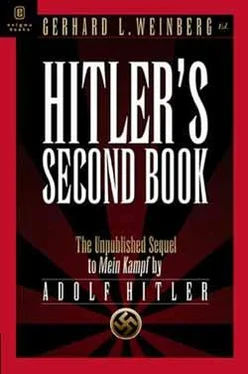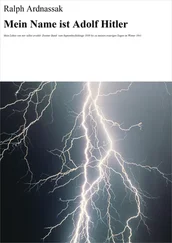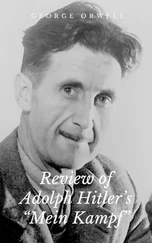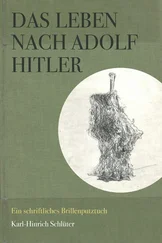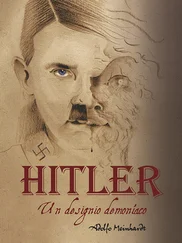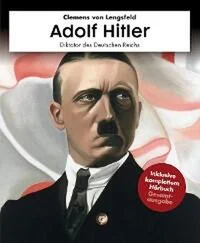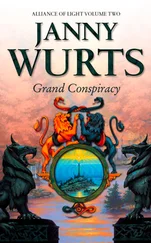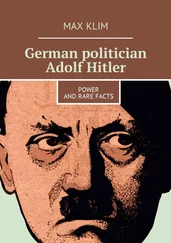In coming before the public as National Socialists with this conception of the real strength of a Folk, we know that today the whole of public opinion is against us. But this is indeed the deepest meaning of our new doctrine, which as a world view separates us from others.
Since our point of departure is that one Folk is not equal to another, the value of a Folk is also not equal to the value of another Folk. If, however, the value of a Folk is not equal to another, then every Folk, apart from the numerical value deriving from its count, still has a specific value which is peculiar to it, and which cannot be fully like that of any other Folk. The expressions of this specific, special value of a Folk can be of the most varied kind and be in the most varied fields; but collected together they result in a standard for the general valuation of a Folk. The ultimate expression of this general valuation is the historical, cultural image of a Folk, which reflects the sum of all the radiations of its blood value or of the race values united in it.
This special value of a Folk, however, is in no way merely aesthetic cultural, but a general life value as such.
For it forms the life of a Folk in general, moulds and shapes it and, therefore, also provides all those forces which a Folk can muster in order to overcome the resistances of life. For every cultural deed, viewed in human terms, is in truth a defeat for the hitherto existing barbarism, every cultural creation [thereby] a help to man’s ascent above his formerly drawn limitations and thereby a strengthening of the position of these Folks. Thus a power for the assertion of life truly also lies in the so called cultural values of a Folk. Consequently the greater the inner powers of a Folk in this direction, the stronger also the countless possibilities for the assertion of life in all fields of the struggle for existence. Consequently the higher the race value of a Folk, the greater its general life value [through] which it can stake in favour of its life, in the struggle and strife with other Folks.
The importance of the blood value of a Folk, however, only becomes totally effective when this value is recognised by a Folk, properly valued and appreciated. Folks who do not understand this value or who no longer have a feeling for it for lack of a natural instinct, thereby also immediately begin to lose it. Blood mixing and lowering of the race are then the consequences which, to be sure, at the beginning are not seldom introduced through a so called predilection for things foreign, which in reality is an underestimation of one’s own cultural values as against alien Folks. Once a Folk no longer appreciates the cultural expression of its own spiritual life conditioned through its blood, or even begins to feel ashamed of it, in order to turn its attention to alien expressions of life, it renounces the strength which lies in the harmony of its blood and the cultural life which has sprung from it. It becomes torn apart, unsure in its judgement of the world picture and its expressions, loses the perception and the feeling for its own purposes, and in place of this it sinks into a confusion of international ideas, conceptions, and the cultural hodgepodge springing from them. Then the Jew can make his entry in any form, and this master of international poisoning and race corruption will not rest until he has thoroughly uprooted and thereby corrupted such a Folk. The end is then the loss of a definite unitary race value and as a result, the final decline.
Hence every existing race value of a Folk is also ineffective, if not indeed endangered, as long as a Folk does not consciously remind itself of its own and nurse it with great care, building and basing all its hopes primarily on it.
For this reason, international mindedness is to be regarded as the mortal enemy of these values. In its place the profession of faith in the value of one’s own Folk must pervade and determine the whole life and action of a Folk.
The more the truly eternal factor for the greatness and the importance of a Folk is sought in the Folk value, the less will this value as such achieve a total effectiveness if the energies and talents of a Folk, at first slumbering, do not find the man who will awaken it.
For so little as mankind, which is made up of different race values, possesses a uniform average value, just as little is the personality value within a Folk the same among all members. Every deed of a Folk, in whatever field it might be, is the result of the creative activity of a personality. No distress can be redressed solely by the wishes of those affected by it, as long as this general wish does not find its solution in a man chosen from a Folk for this task. Majorities have never wrought creative achievements. Never have they given discoveries to mankind. The individual person has always been the originator of human progress. Indeed a Folk of a definite inner race value, so far as this value is generally visible in its cultural or other achievements, must at the outset possess the personality values, for without their emergence and creative activity the cultural image of that Folk would never have come into being, and therefore the possibility of any inference as to the inner value of such a Folk would be lacking. When I mention the inner value of a Folk, I appraise it out of the sum of achievements lying before my eyes, and thereby at the same time I confirm the existence of the specific personality values which acted as the representatives of the race value of a Folk and created the cultural image. As much as race value and personality value seem to be linked together, because a racially valueless Folk cannot produce important creative personalities from this source — as, conversely, it seems impossible to infer, for example, the existence of race value from the lack of creative personalities and their achievements — just as much can a Folk, nevertheless, by the nature of the formal construction of its organism, of the Folk Community or of the State, promote the expression of its personality values, or at least facilitate it, or indeed even prevent it.
Once a Folk installs the majority as the rulers of its life, that is to say, once it introduces presentday democracy in the western conception, it will not only damage the importance of the concept of personality, but block the effectiveness of the personality value. Through a formal construction of its life, it prevents the rise and the work of individual creative persons
For this is the double curse of the democratic parliamentary system prevailing today: not only is it itself incapable of bringing about really creative achievements, but it also prevents the emergence and thereby the work of those men who somehow threateningly rise above the level of the average. In all times the man whose greatness lies above the average measure of the general stupidity, inadequacy, cowardice, and arrogance too, has always appeared most threatening to the majority. Add to this that, through democracy, inferior persons must, almost as a law, become leaders, so that this system applied logically to any institution devaluates the whole mass of leaders, insofar as one can call them that at all. This resides in the irresponsibility lying in the nature of democracy. Majorities are phenomena that are too elusive to be grasped so that they can somehow be charged with responsibility. The leaders set up by them are in truth only executors of the will of the majorities.
Hence their task is less that of producing creative plans or ideas, in order to carry them out with the support of an available administrative apparatus, than it is to collect the momentary majorities required for the execution of definite projects. Thus the majorities are adjusted less to the projects than the projects are to the majorities. No matter what the result of such an action may be, there is no one who can be held concretely accountable. This is all the more so as each decision that is actually adopted is the result of numerous compromises, which each will also exhibit in its character and content. Who then is to be made responsible for it?
Читать дальше
